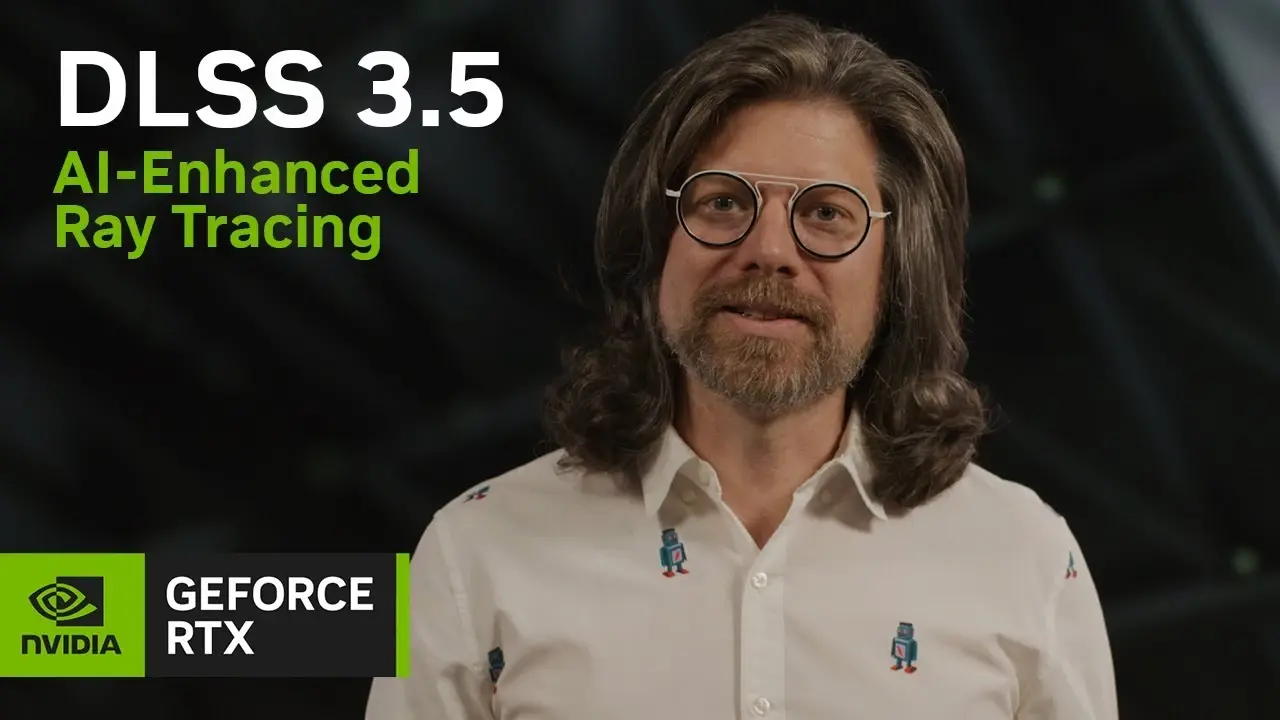- cross-posted to:
- games@sh.itjust.works
- games@lemmy.world
- cross-posted to:
- games@sh.itjust.works
- games@lemmy.world
AI is transforming the world, and NVIDIA’s Bryan Catanzaro is here to talk about how DLSS is getting even better with Ray Reconstruction technology. Through a new neural network, Ray Reconstruction works on all GeForce RTX GPUs to enhance the image quality of intensive ray-traced content.
DLSS puts two computers on your side: the NVIDIA supercomputer training the AI model, and the RTX GPU in your PC executing it in your game.
Its wild to me how they can go through all these extra compute steps to generate an extra frame and that’s some how more efficient that generating one normally.
It’s probably not that much faster than or efficient than traditional rasterization, but ray-tracing gets exponentially more expensive to absolutely completely fill in the scene. For the RT scenario it actually does make sense. Even rendering out frames and animations in blender you don’t let the renderer go on forever. At some point it’s more effective to let it stop and denoise it. The earlier you can get away with doing that the better.
Upscaling is for consoles. I don’t care how fancy the algorithm is. Render every pixel!
Playing at 4k+ resolutions, the difference between a well implemented quality DLSS and native ranges from barely distinguishable to objectively better because DLSS is also great anti aliasing. And even if you really need native resolution, DLAA is almost always better than any other anti aliasing method. Before DLSS 2 came out you might have had a point, but now I simply disagree with your statement.
Releasing dlss 3.5 on old cards eh? Scared of FSR 3 or something? It’s unusual for nvidia to support anything besides the current generation these days.
Frame Generation still only works on 40 series cards. Only RR will come to 20 and 30 series.
I know, that’s why I said 3.5 not 3.




